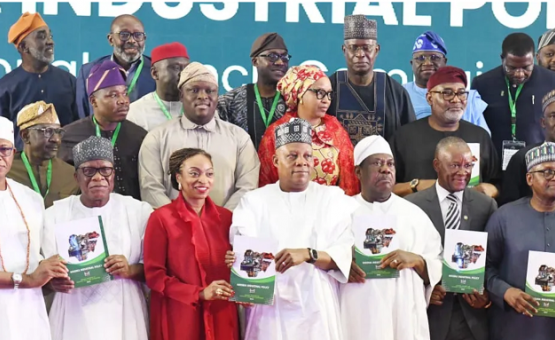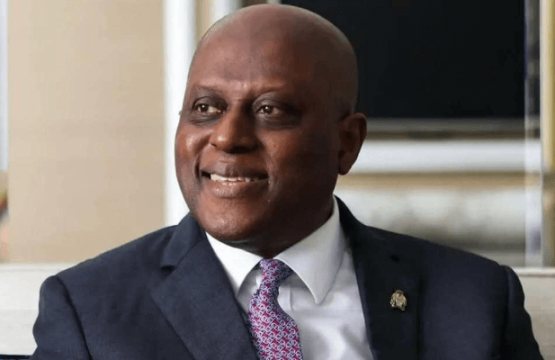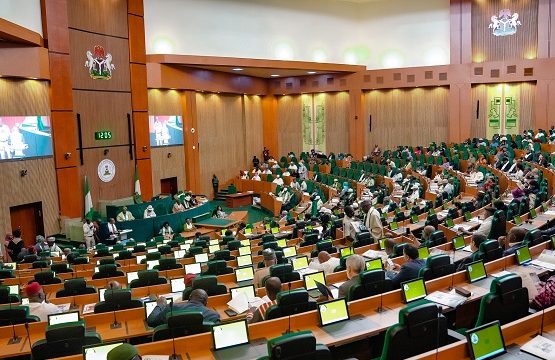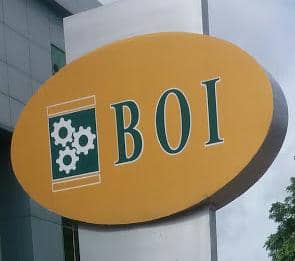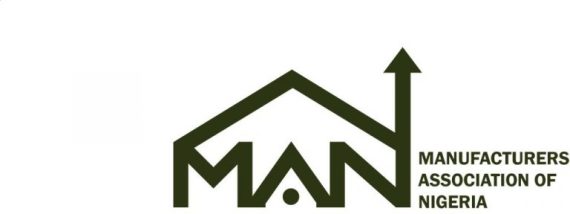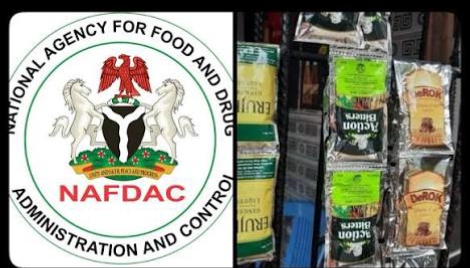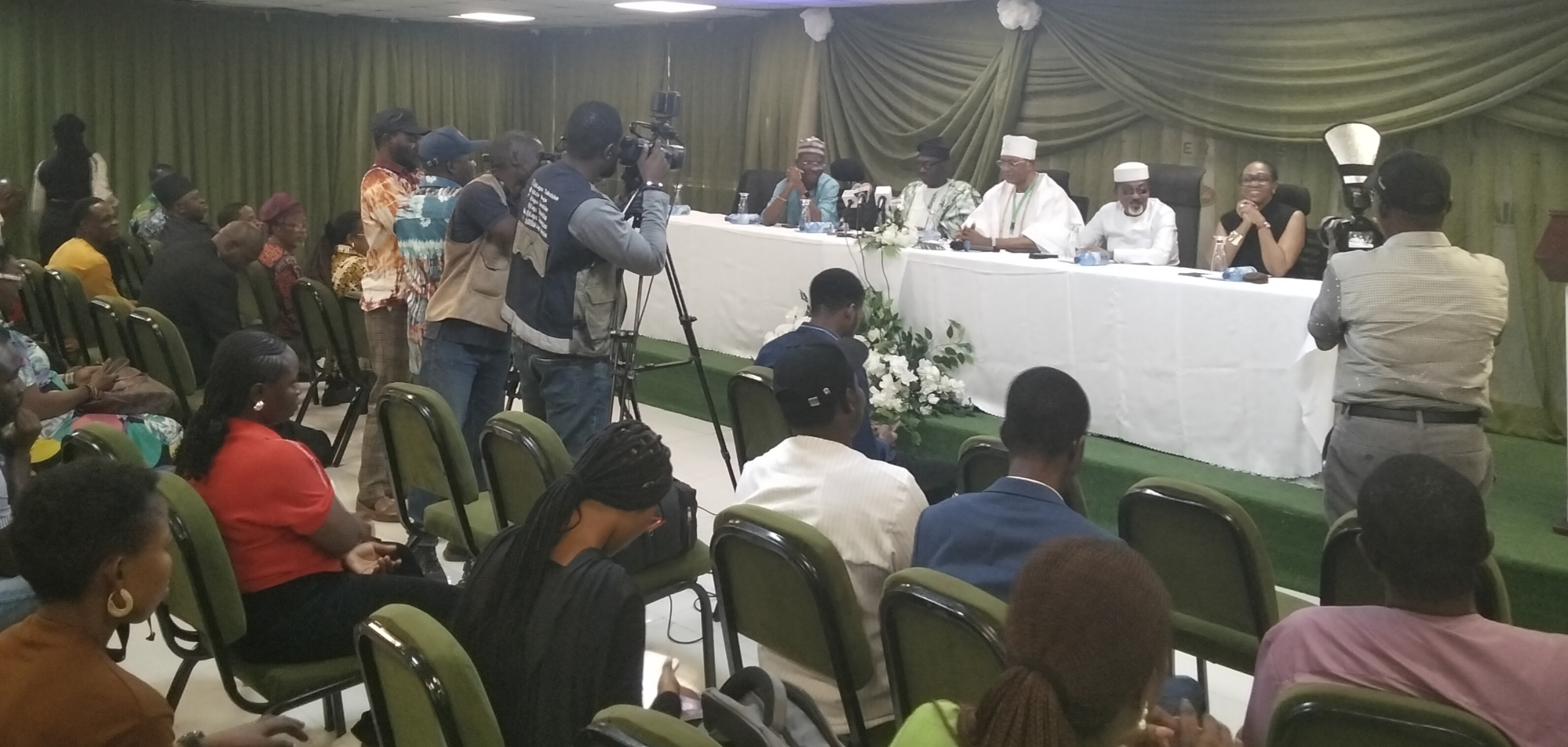The Director-General of Manufacturers Association of Nigeria (MAN), Segun Ajayi-Kadir, lamented that a ‘glitch’ within the customs service has caused manufacturers’ raw materials to be stuck at the ports for weeks, costing them not just billions of naira in losses but also lost production time.
In reaction, the Nigeria Customs Service explained that imported clearance delays are due to the implementation of its Unified Customs Management System, known as B’Odogwu.
The Comptroller-General of Customs, Bashir Adeniyi, noted that the B’Odogwu is an indigenous platform aimed at centralising Customs processes, integrating stakeholders into a unified system while cutting clearance timelines, reducing costs, boosting compliance, and strengthening government revenue.
He urges stakeholders to support the implementation process, provide constructive feedback, and partner with Customs in building a modernised trade ecosystem that promotes efficiency, competitiveness, and national development.
Ajayi-Kadir spoke during the 58th yearly general meeting of the Ikeja Branch of the association
He expressed fear that some of the raw materials might not be usable again by the time the glitch is fixed, and they are out of the ports.
He said that the association has taken the matter up with the head of customs and has been assured that the error would be fixed soon and activities would return to normal.
He said manufacturers are dealing with bigger challenges, including the four per cent free on board (FOB) that was supposed to be shelved.
He said, despite the presidential order to the contrary, importers are still being charged the levy as customs said they are yet to be informed about the suspension.
We continue to object to it; it is ill-timed and not manufacturing-friendly. We will continue to fight to ensure it is withdrawn completely.
Because of these unnecessary and added costs in the last few weeks, by our calculation, our import costs have gone up by about 186 per cent.
“This is extremely unreasonable and unsustainable. At the end of the day, we are going to pass on these costs to end users and consumers. We are not philanthropists; we are in business to make money,” he said.

